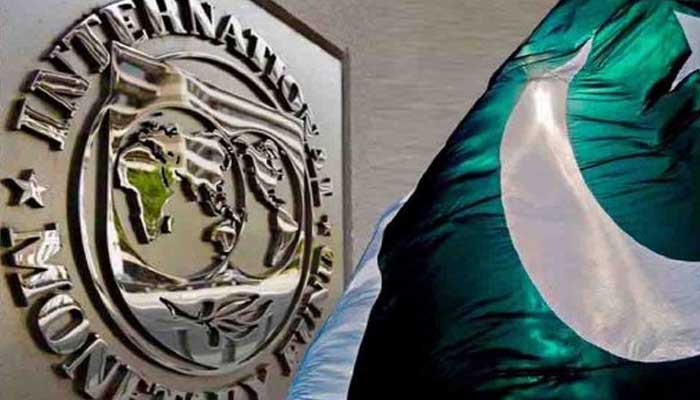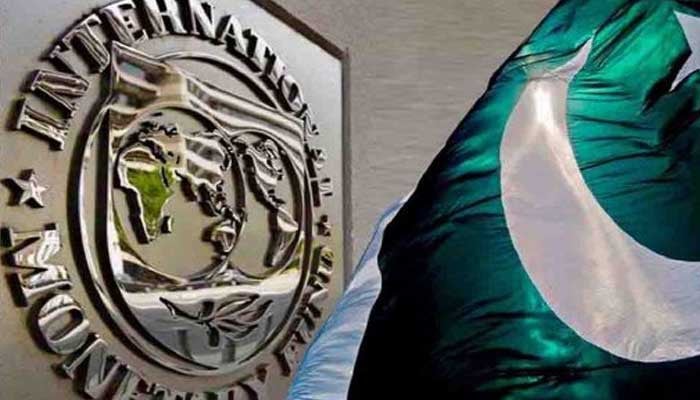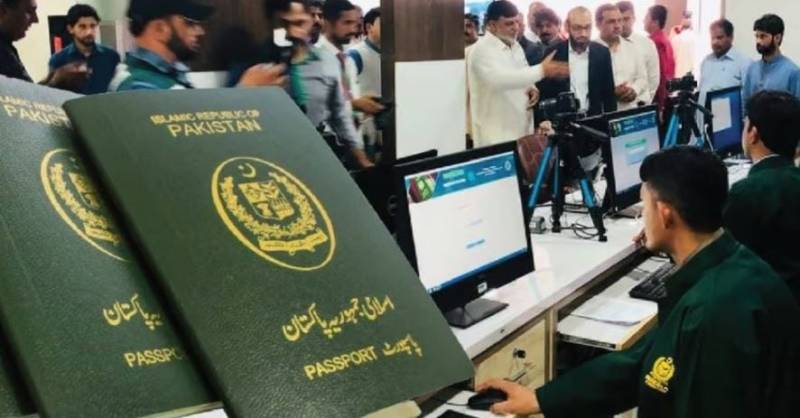
An agreement has been reached between the International Monetary Fund (IMF) and Pakistan to provide $3 billion.
According to a foreign news agency report, a standby agreement has been reached with the IMF instead of the 2019 EFF, the IMF board will approve the staff-level agreement by mid-July.
The IMF deal will raise tariffs to cover the cost of the energy sector, consumer prices will have to rise despite record declines.
According to the report, the State Bank will have to lift import restrictions, a move taken to save dwindling foreign exchange reserves.
According to the news agency, economic growth has been affected by the ban on imports, with foreign exchange reserves equivalent to 3.5 billion dollars a month in imports. The country has been encouraged to adopt a market-based exchange rate, with the State Bank also assured of taking practical steps to reduce inflation.
The report said that the losses of government institutions affect the financial management of the government, they have to be better governed, the government has only reserved 15 billion rupees for privatization.
Despite a larger-than-expected IMF bailout, Pakistan will continue to require multilateral and bilateral financial support.
According to the news agency, 3 billion dollars will come from Saudi Arabia and the Emirates after the IMF agreement. A significant development would be the rollover of Chinese loans, the largest lender to Pakistan. For the rehabilitation of the flood victims, Pakistan has been promised 9 billion dollars in loans, Pakistan needs 22 billion dollars including the payment of international debts.
The IMF wants the revised budget to be implemented, with authorities refraining from spending and tax incentives outside the budget.
The report added that while the success of the program depends on adherence to the agreement, the IMF wants the current challenges to be resolved through fiscal discipline. Among the challenges faced are inflation, reducing fiscal deficit and increasing foreign exchange reserves.
setTimeout(function(){
!function(f,b,e,v,n,t,s)
{if(f.fbq)return;n=f.fbq=function(){n.callMethod?
n.callMethod.apply(n,arguments):n.queue.push(arguments)};
if(!f._fbq)f._fbq=n;n.push=n;n.loaded=!0;n.version=’2.0′;
n.queue=[];t=b.createElement(e);t.async=!0;
t.src=v;s=b.getElementsByTagName(e)[0];
s.parentNode.insertBefore(t,s)}(window,document,’script’,
‘https://connect.facebook.net/en_US/fbevents.js’);
fbq(‘init’, ‘836181349842357’);
fbq(‘track’, ‘PageView’);
}, 6000);
/*setTimeout(function(){
(function (d, s, id) {
var js, fjs = d.getElementsByTagName(s)[0];
if (d.getElementById(id)) return;
js = d.createElement(s);
js.id = id;
js.src = “//connect.facebook.net/en_US/sdk.js#xfbml=1&version=v2.11&appId=580305968816694”;
fjs.parentNode.insertBefore(js, fjs);
}(document, ‘script’, ‘facebook-jssdk’));
}, 4000);*/



